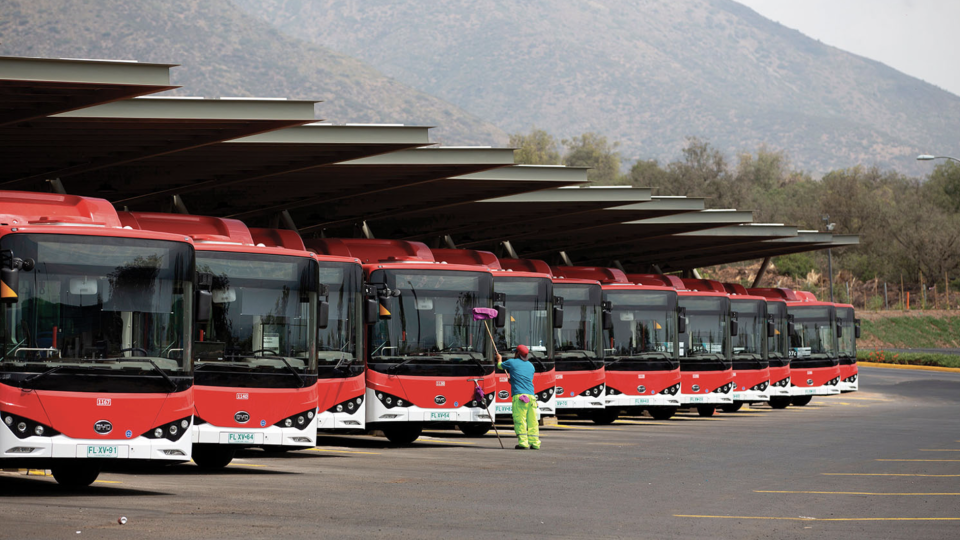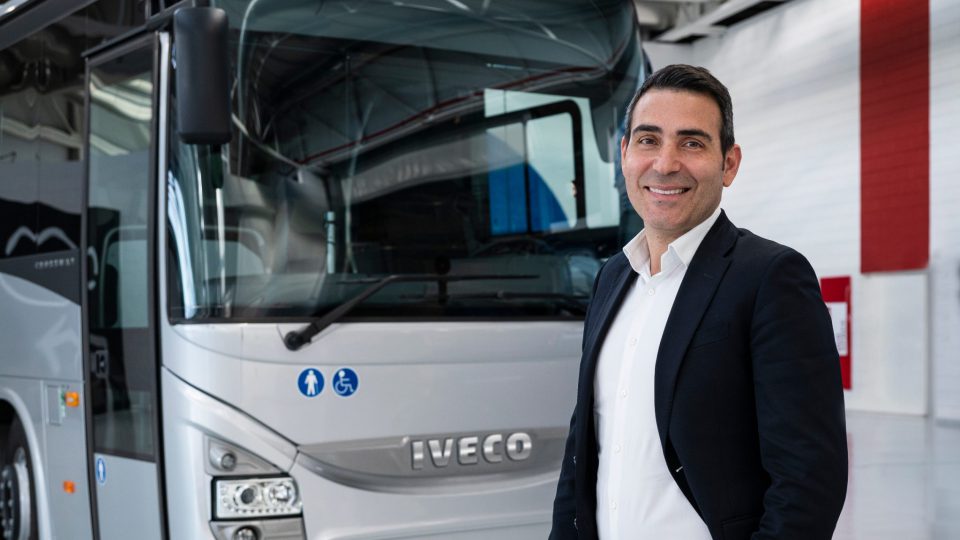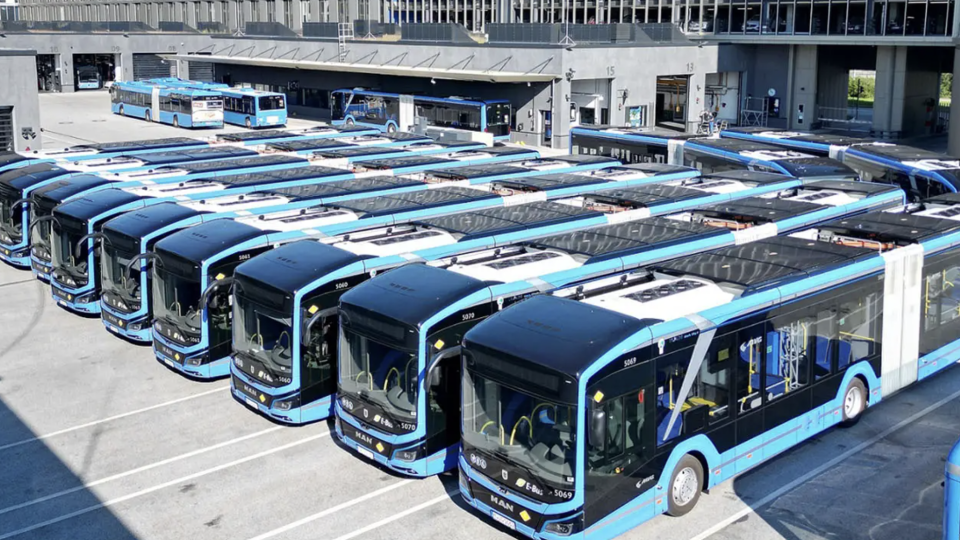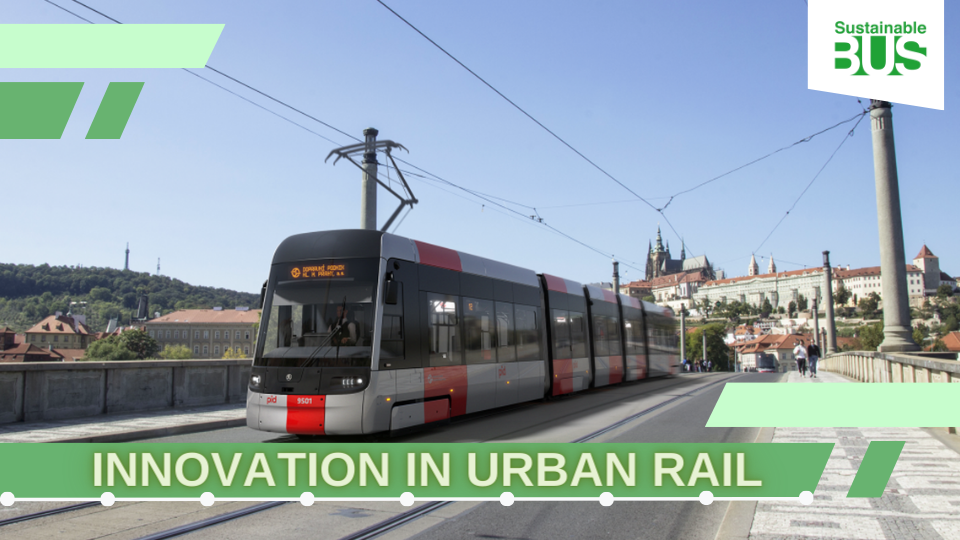End of public transport as we know it? Replay is available for our videreporting on DRT and autonomous driving
The transformation of public transport teetered on the edge as technology ushered in unprecedented flexibility. In our recently broadcasted videoreport, part of the Sustainable Bus Tour 2023 initiative, we delved into the intriguing topic: “The End of Public Transport as We Know It? On-Demand Transportation | Autonomous Driving | MaaS.” The event went live on […]

The transformation of public transport teetered on the edge as technology ushered in unprecedented flexibility. In our recently broadcasted videoreport, part of the Sustainable Bus Tour 2023 initiative, we delved into the intriguing topic: “The End of Public Transport as We Know It? On-Demand Transportation | Autonomous Driving | MaaS.”
The event went live on Thursday, December 14th. Replay is here!
The aftermath of the Covid pandemic left public transit systems contending with diminished revenues from ticketing, compelling cities to explore innovative solutions. However, it was the pace of technological advancement itself that propelled innovation in the realm of mobility. On-demand transportation gained prominence, drawing new entrants to the market and presenting a potential remedy to the challenges faced by traditional transit. Concurrently, autonomous driving technology evolved, marked by substantial investments from industry players and the introduction of groundbreaking products, albeit still in a pilot phase.
On-demand transportation and public transport
Amidst technological evolution, questions arose about the legislative framework governing these advancements. As we delved into the economic landscape, McKinsey suggested that the cost per mile of a robo-taxi trip could be only 20 percent higher than that of a private non-autonomous car in certain contexts. The implications for public transport operators hinged on the strategies adopted by municipalities and transit agencies.
Our videoreport featured insights from key industry players, providing a glimpse into future trends in mobility.
Iveco Bus, Adastec, Next, ioki, and Dancer Bus were among the speakers.
Gabriele Grea, researcher, and lecturer at TU Berlin and Bocconi University, contributed introductory insights into how the mobility landscape in Europe evolved, the financing in place, and emerging trends. Marco Franza, Global Head of Customer Service at Iveco Bus, touched on on-demand transportation, shedding light on their recent partnership with Via and the role a manufacturer can play in such trends, along with foreseeable impacts on vehicle design and development. Tommaso Gecchelin, Founder of the Italian startup Next Modular Vehicles, provided a glimpse into the innovative solutions reshaping the public transport sector, particularly exploring the potential of enhancing public transport flexibility through modularity.
Ali Ufuk Peker, the CEO of Adastec, a software company providing technology for automated driving to bus manufacturers Karsan and Vicinity, offered his expertise in autonomous driving technology. Alvydas Naujekas, CEO of UAB “Vejo Projektai,” contributed insights from his experience in Dancer Bus, a Lithuanian newcomer in bus manufacturing, with a focus on lightweight and connectivity-focused projects. Last but not least, Manuel Manzoni, International Sales & Business Development Manager at ioki, focused on ioki’s strategies in the field of on-demand transportation.






